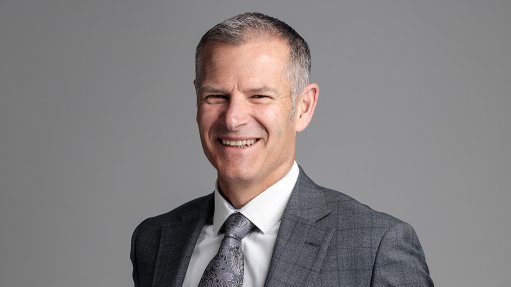Ford’s new CEO tackles brand revitalisation in wake of Kuga recall

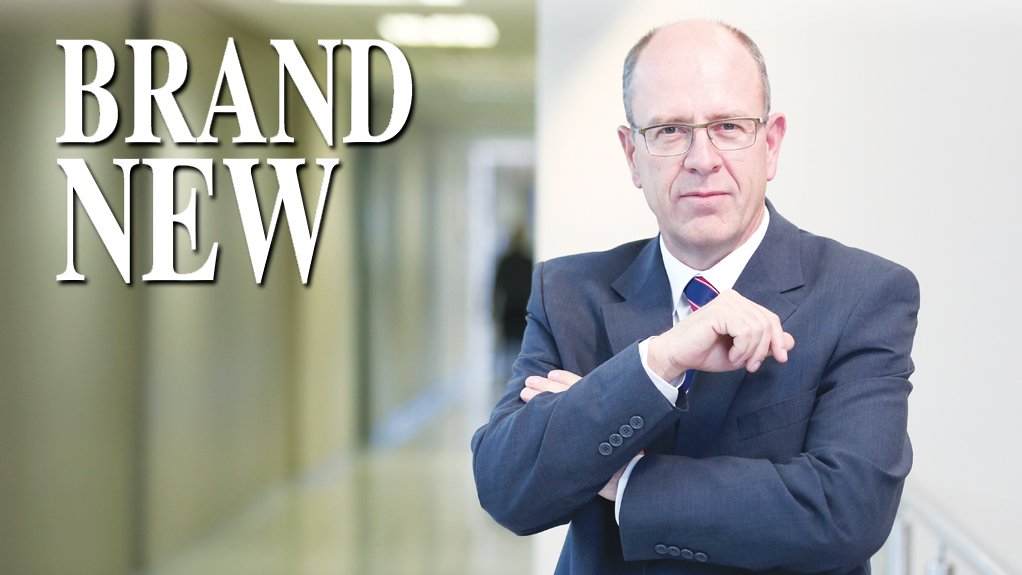
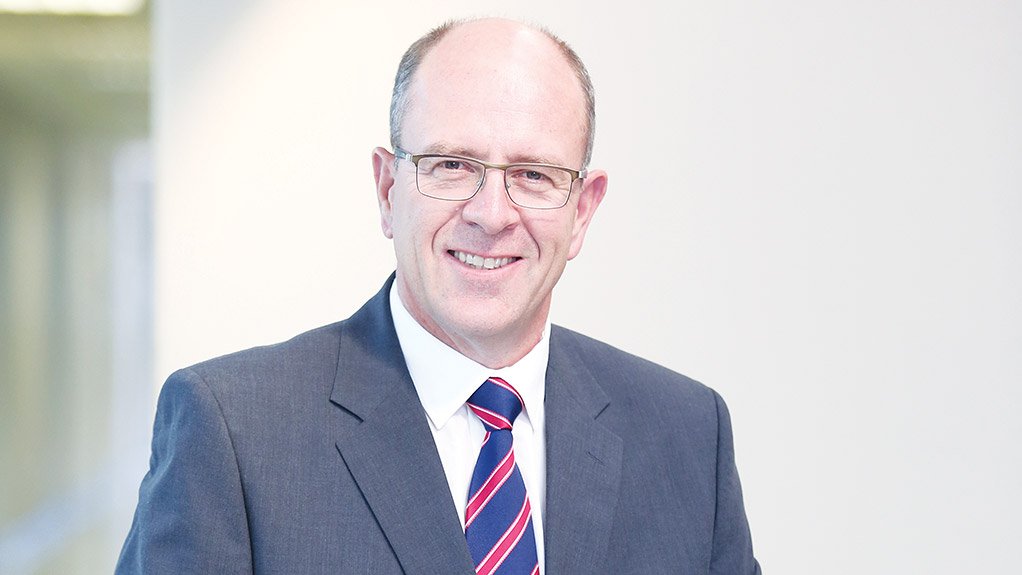
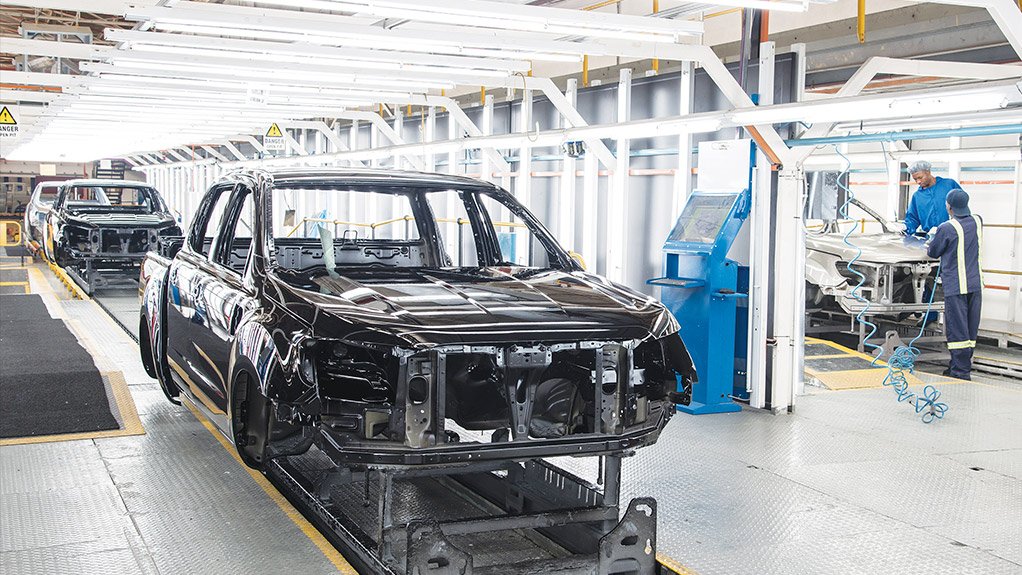
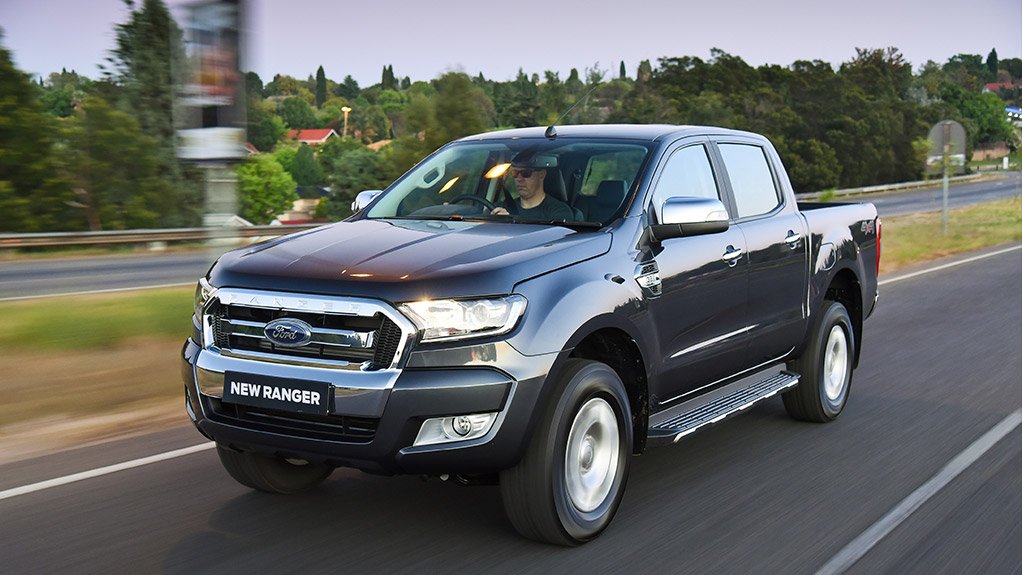
Dr Casper KrugerIf a customer has had a bad experience, you could buy them back with special deals, but we don’t want to do that
NEW GOAL Ford SA is in the midst of bidding to produce the next-generation Ranger
OUTLOOK Kruger expects Ford sales to decline marginally in 2018
Ford Motor Company of South Africa (FMCSA) aims to lure South Africans back to the blue oval – not with special deals or big promises, but with a steadfast improvement of every customer interface.
When former CEO Jeff Nemeth departed FMCSA in 2017, he did so at the end of a seven-year tenure and in the midst of a recall on the Kuga sports utility vehicle, related to a series of thermal incidents.
Dr Casper Kruger landed in the hot seat on April 1, 2017.
His appointment surprised some, as he is South African, with Ford historically favouring Americans for the top spot at FMCSA. Kruger also arrived with little manufacturing experience and an interesting line in his CV – he was the outgoing vehicle sales and dealer network VP at Toyota South Africa Motors.
Toyota was – and remains – number one in the local market, with Ford in ascendence in recent years, at number three.
As Kruger spells out his five-year plan for FMCSA, it becomes clear why he was appointed to head the US carmaker’s manufacturing and sales operations in South Africa.
Fundamentally, explains Kruger, all vehicle brands in South Africa operate on the same model. The vehicle is produced here, or imported. It arrives at the dealer, where it is sold to the customer and serviced.
“You need the right culture, the right behaviour. Can Ford do this better? I think we can. I think we can be more effective at this mechanism of transferring ownership to the customer, of looking after the vehicle and the customer over the life cycle of the vehicle.
“If a customer has had a bad experience with your brand, you could buy them back with special deals, but we don’t want to do that. We need customers to come back to us because of the experience they had with us, rather than the fact that we put a nice deal on the table. Customer retention is a key activity for us, earned through providing a consistently great experience.
“I defend my bank,” adds Kruger. “I think it is the best bank in the world, because my relationship with them outweighs any benefits somebody else can offer. I want people to feel that way about Ford.
“We interact, through sales and service activities, with around 100 000 customers and potential customers a month in the Ford network. My focus for now is on that experience – breaking it down to that customer on that day at that dealer – that small piece of the puzzle. That is how you build a brand, how you build trust.”
Kruger believes he also brings knowledge of the local market to the Ford brand in South Africa.
He is also familiar with Ford, having been the national sales manager and GM for the Ford brand from 2007 to 2009.
KUGA IMPACT
The goal of customer retention makes sense when one considers the drop in Ford sales since the mainstream media got wind of the first Kuga catching fire at the end of 2016.
Ford was the rising star in the local market constellation, with its market share doubling since 2009, and with production at the Silverton plant increasing from about 28 000 vehicles in 2011 to 98 000 vehicles in 2017. The Ranger is also now exported to 148 countries.
In the last 18 months, however, Kuga sales have declined from about 300 a month to about 100 a month.
Overall, Ford’s local sales have dropped – albeit slightly, but significant for an ambitious brand – from 73 897 units in 2016 to 71 220 units last year, in a total market that moved 1.8% upwards.
Ford’s market share has also declined, to 12.8% in 2017 – down from a 2016 record of 13.5%.
The recall of the Kuga and its knock-on effects are not entirely to blame, says Kruger. He says 2017 saw several of Ford’s big-ticket models approaching run-out, such as the EcoSport and the Fiesta.
This year will see the launch of a revamped EcoSport, Tourneo, Focus and Figo, as well as a completely new Fiesta.
Despite these new additions, Kruger expects Ford sales to decline marginally in 2018 in a local market that Ford expects to expand by 3%.
“We’ll still feel the impact of the models on run-out this year, and we are also not getting the same model ranges.”
FMCSA will, for example, not have a lower-cost Ambiente model in the new Fiesta line-up, which is anticipated to impact on sales.
“We also have to deal with the fact that Ford is not present in every segment of the market. We have to work hard to maximise our sales in the segments where we do compete,” notes Kruger. “And, yes, we are in the rebuild phase of the Ford brand. We are reconfiguring, moving forward.”
BRAND NOT BROKEN
Reconfiguring does not mean broken. “We had a setback,” says Kruger.
He acknowledges, however, that thermal incidents are considered to be quite high on the Richter scale of recall events, which happen to every vehicle brand on a regular basis around the world.
“Our brand was tested and is still being tested. Something happened that was not good for our brand. The number of customers with a favourable opinion of Ford dropped. Fewer people now consider us when purchasing vehicles.”
Kruger says FMCSA imports a vehicle from the global Ford network in good faith, believing it would operate suitably in local conditions.
“Then something happens and you have to manage it and turn it around. You need to focus on being a customercentric brand. You need to fix it, make sure it is a robust fix, and prevent it from happening again in the future.”
Kruger says FMCSA will not take the Kuga off the market.
“We have thousands of happy Kuga customers. By removing the Kuga from our line-up, we’ll do serious damage to these customers. They have a car they are happy with, and now we take that car out of our line-up. They’ll think twice about investing in Ford again.”
STRIPPING OUT COMPLEXITY
Part of the strategy to ensure a better customer experience at Ford is what Kruger calls “reducing complexity” – in other words, making it easier to do business with Ford.
New model ranges will have fewer colours on offer, fewer options, and a smaller number of derivatives.
“We would rather do our homework and put in the standard features our customers desire,” explains Kruger.
Service intervals will also be standardised across the Ford brand to 15 000 km, instead of the 20 000 km intervals for some models.
“This will ensure a better customer experience, as it will improve reliability and durability, and make it easier for customers and dealers to understand the Ford model. At this moment, some Kuga customers have, for example, a 15 000 km service interval and their neighbours 20 000 km” says Kruger. “It is all part of reducing the complexity when dealing with the Ford brand.”
All new models launched this year will be introduced with a service plan, either four years/60 000 km on smaller vehicles or six years/90 000 km for the larger models.
“We made a decision. Every car will have a service plan and every car will have 15 000 km service intervals.”
The changes to service intervals will not affect current service plans, or current model ranges on the road.
RANGER VS HILUX
The Ranger is Ford’s top-selling model, at about 33 000 units a year. In 2017, it almost seemed that the pick-up might overtake the long-reigning king of the road, the Toyota Hilux.
Is it Kruger’s ambition to beat the Hilux and become the brand that owns South Africa’s top-selling vehicle?
“No,” he says bluntly. “The customer will decide. To win, we would have to put down a lot of money – and for what? To say we are number one? It may mean something for the brand, but it would not be worth the price we’d have to pay. It’s important for us to be number one in our customers’ eyes for great vehicles, quality and value.”
However, Ford is by no means complacent about its number two spot. That 33 000-unit number represents almost half of Ford’s sales in South Africa, and they are vital to the brand.
“We learn a lot from our competition,” adds Kruger. “They expose our weaknesses.”
“Did we perhaps have too many derivatives in our line-up? Toyota sold many Hilux bakkies with a much smaller range. Was it perhaps too difficult and complex to deliver 40 derivatives instead of 20? Did we have the right specifications? The right pricing strategy?”
FMCSA is currently in the midst of bidding to produce the next-generation Ranger.
Kruger says there are a number of challenges to producing vehicles in South Africa, including high logistics costs.
“We need to attack all logistics cost elements, which include rail, road and ports. Industry benchmarks show that local port costs per unit are in excess of $50 more expensive, compared with other markets, including Thailand. We need to be more competitive and efficient with the logistics value chain.”
Comments
Press Office
Announcements
What's On
Subscribe to improve your user experience...
Option 1 (equivalent of R125 a month):
Receive a weekly copy of Creamer Media's Engineering News & Mining Weekly magazine
(print copy for those in South Africa and e-magazine for those outside of South Africa)
Receive daily email newsletters
Access to full search results
Access archive of magazine back copies
Access to Projects in Progress
Access to ONE Research Report of your choice in PDF format
Option 2 (equivalent of R375 a month):
All benefits from Option 1
PLUS
Access to Creamer Media's Research Channel Africa for ALL Research Reports, in PDF format, on various industrial and mining sectors
including Electricity; Water; Energy Transition; Hydrogen; Roads, Rail and Ports; Coal; Gold; Platinum; Battery Metals; etc.
Already a subscriber?
Forgotten your password?
Receive weekly copy of Creamer Media's Engineering News & Mining Weekly magazine (print copy for those in South Africa and e-magazine for those outside of South Africa)
➕
Recieve daily email newsletters
➕
Access to full search results
➕
Access archive of magazine back copies
➕
Access to Projects in Progress
➕
Access to ONE Research Report of your choice in PDF format
RESEARCH CHANNEL AFRICA
R4500 (equivalent of R375 a month)
SUBSCRIBEAll benefits from Option 1
➕
Access to Creamer Media's Research Channel Africa for ALL Research Reports on various industrial and mining sectors, in PDF format, including on:
Electricity
➕
Water
➕
Energy Transition
➕
Hydrogen
➕
Roads, Rail and Ports
➕
Coal
➕
Gold
➕
Platinum
➕
Battery Metals
➕
etc.
Receive all benefits from Option 1 or Option 2 delivered to numerous people at your company
➕
Multiple User names and Passwords for simultaneous log-ins
➕
Intranet integration access to all in your organisation














